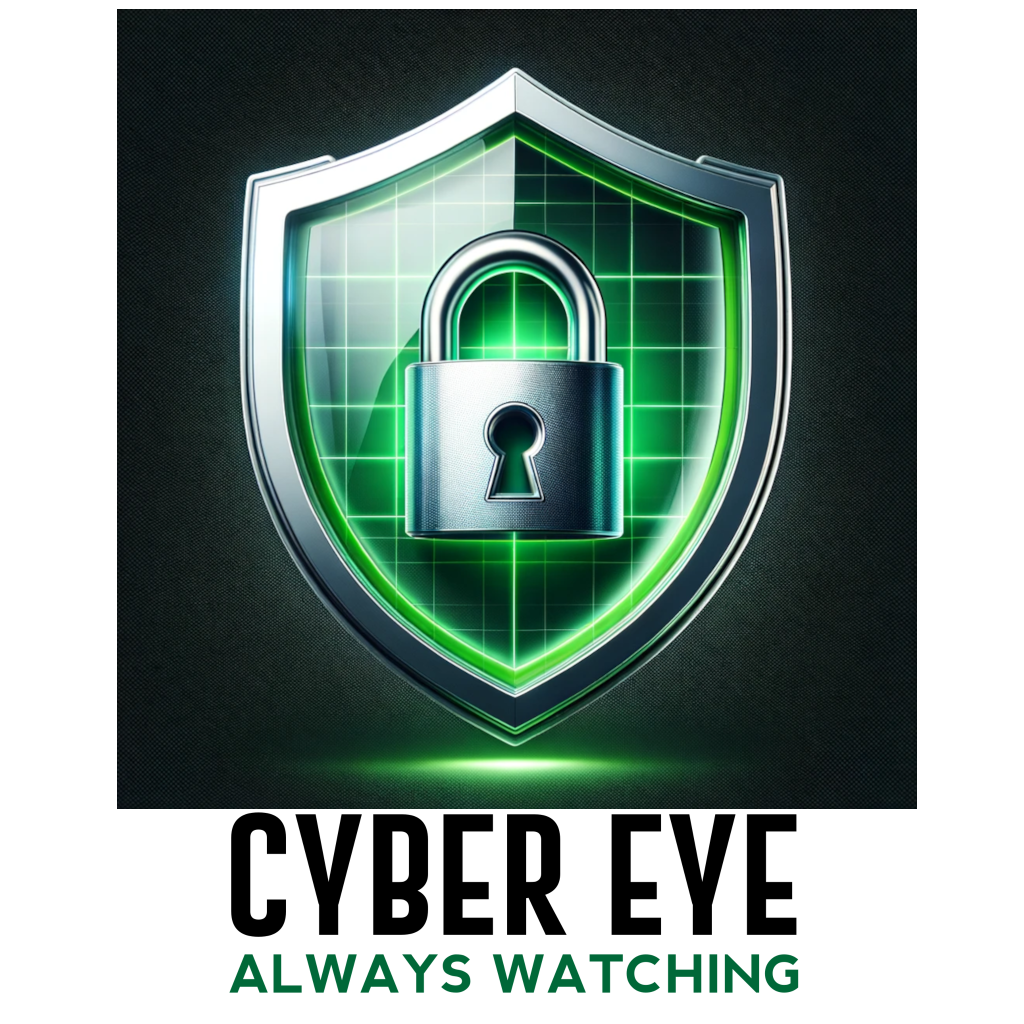The Rising Importance of Cybersecurity in Our Digital Age

Tom and Dan were camping deep in the woods one night when Dan runs into the tent and says “There’s a bear attacking our site, we have to go!” Tom is confused when Dan stops to put his shoes on. Tom says, “What are you doing that for, you can’t outrun a bear?” Dan says, “I don’t have to outrun a bear, just you.” That’s how it is in the cyber world. In general, hackers are lazy. If it’s too hard, they move along to an easier target.
Cybersecurity is crucial to our very survival. As technology continues to advance, so too do the threats that lurk in the deep recesses of the World Wide Web. From individuals to businesses and governments, everyone is a potential target for cybercriminals who seek to exploit vulnerabilities for their gain.
Cybersecurity is the practice of protecting systems, networks, and programs from digital attacks. These cyberattacks are aimed at accessing, changing, or destroying sensitive information, extorting money from users, or interrupting normal business processes. The internet is ubiquitous. The proliferation of connected devices means the scope and scale of these attacks have grown exponentially. Cybersecurity is no longer a concern solely for large corporations or government agencies. It is a critical issue for individuals and small businesses as well.
One of the most common types of cyberattacks is phishing. Phishing attacks involve sending fraudulent emails that appear to come from reputable sources, tricking recipients into revealing sensitive information like passwords or credit card numbers. Another prevalent threat is ransomware. It is a type of malware that encrypts a victim’s files and demands a ransom payment to restore access. Ransomware can have devastating consequences, leading to financial losses, reputational damage, and operational disruptions.
The increasing frequency and sophistication of cyberattacks highlight the need for robust cybersecurity measures. You must be vigilant about protecting your personal information online. Simple steps such as using strong, unique passwords for different accounts, enabling two-factor authentication, using an adblocker on all your browsers, and being cautious about clicking on links or downloading attachments from unknown sources can go a long way in preventing cyberattacks.
For businesses, cybersecurity must be a top priority. It is no longer a cost center. It is a revenue guarantee. Businesses need to implement comprehensive security policies, conduct regular security assessments, and provide continuous cyber education for employees. Small businesses are particularly vulnerable. They often lack the resources and expertise to defend against cyber threats. They can take advantage of various tools and services designed to enhance their cybersecurity posture. For instance, investing in a zero-trust provider can help protect sensitive data and prevent unauthorized access.
Businesses should develop and practice an incident response (IR) plan to quickly address and mitigate the impact of a cyberattack. The IR plan outlines steps taken in the event of a security incident, including notifying affected parties, containing the threat, and restoring normal operations. By being proactive and prepared, businesses can minimize the damage caused by cyber incidents and recover more swiftly.
Cybersecurity is an essential component of our digital world. As cyber threats continue to evolve, it is imperative for individuals and businesses to take proactive measures to protect themselves. By staying informed and implementing robust security practices, we can collectively enhance our resilience against cyberattacks and safeguard our digital future. The key to success is to make yourself a hard target so that the bear goes after the easy prey instead of you.
The original article was published in the Sierra Vista Herald and can be found here.

